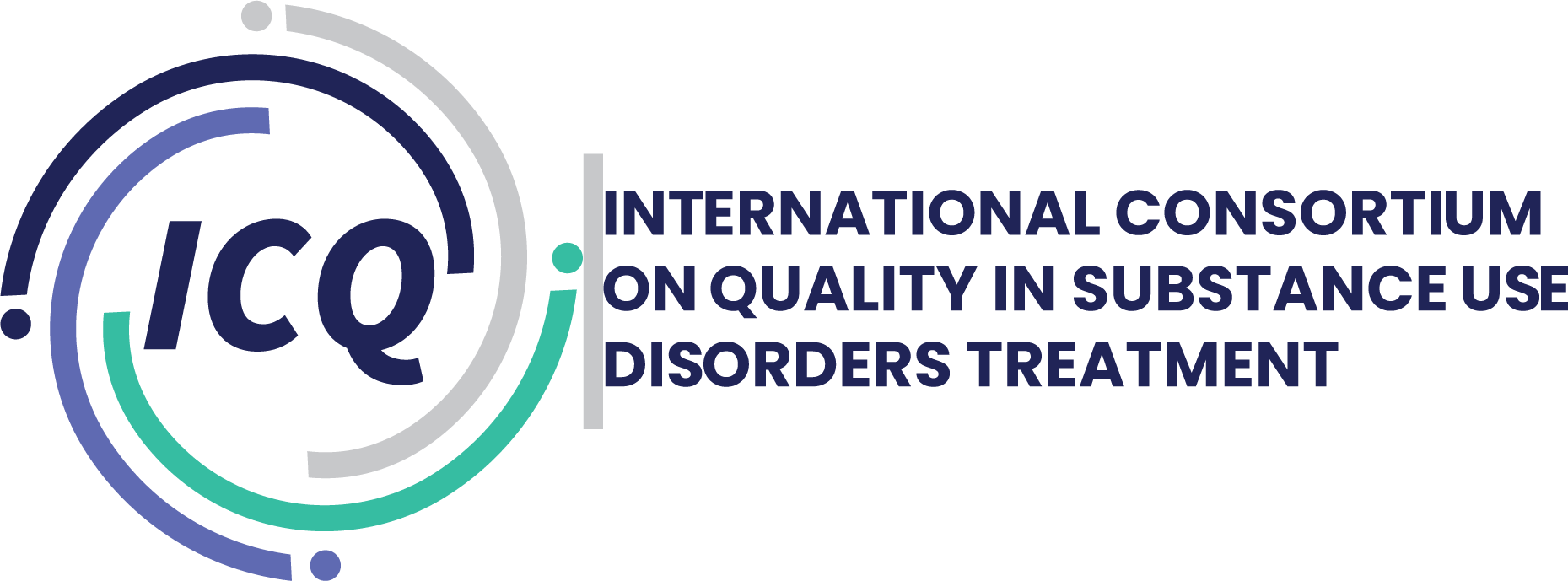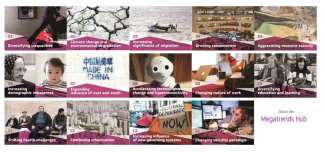Search
Homelessness and Substance use: a disturbing link around the world: an ISSUP Webinar Series
The connection between homelessness and substance use is well recognised and an issue that impacts countries around the world. People who experience substance use related issues and homelessness are extremely vulnerable to a range of harms...
Combining the European Prevention Curriculum (EUPC) and Universal Treatment Curriculum (UTC) in a Master’s Degree in Addictions
INTRODUCTION:
The European Prevention Curriculum (EUPC) and The Universal Treatment Curriculum (UTC) are paradigms of the efforts to achieve an international standardised training for drug demand reduction. Both curricula are based on...
‘Ten Years Later’ – Developing Institutional Mechanisms for Drug Demand Reduction and Addictology Education in Georgia – A Case Study
BACKGROUND:
During the last ten years, Georgia made several important accomplishments in responding to the country’s drug problem. Specifically, in 2011, an interagency national drug coordinating body was established within the Ministry of...
From Face-to-Face to Online Delivery: Training of Professionals in Evidence-Based Prevention
BACKGROUND:
By disseminating the Universal Prevention Curriculums (UPC), the Colombo Plan (CP) seeks to narrow the gap between scientific knowledge on effective prevention of substance use and its application in the field. In 2020 CP...
Adaptation of the Universal Treatment Curriculum to Philippine Context and Online Environment
BACKGROUND:
The Universal Treatment Curriculum (UTC) is offered to the academic community to integrate substance use-specific knowledge, skills, and evidence-based practices into the continuing professional development of current and...
Accreditation of Study Programs on Addictions in Nigerian Universities: Challenges, Opportunities, and the Need for Advocacy
INTRODUCTION:
Access to drug treatment services in Nigeria remains low due to a severe shortage in the drug treatment workforce. Plans are underway to address the workforce shortage by introducing drug addiction training programs in...
Development of the Addiction Treatment Workforce in Ukraine by the Ukraine Addiction Technology Transfer Center
BACKGROUND:
The high prevalence of HIV and substance use disorders (SUD) in Ukraine remains a significant public health problem. A well-trained, recovery-oriented national workforce to enhance SUD treatment associated with HIV care is...
UNODC supports introduction of Advanced Level of the Universal Treatment Curriculum for Substance Use Disorders in Central Asia
The UNODC Regional Office for Central Asia (UNODC ROCA) organized a Regional Training of Trainers (ToT) on Course 18 – “Clinical Supervision” of the Advanced Level of the Universal Treatment Curriculum for Substance Use Disorders (UTC...
A foresight toolkit for the drugs field
This toolkit aims to support the EMCDDA’s stakeholders, other actors and researchers in the drugs field to implement their own foresight exercise in the form of an introductory trend-based workshop.
It describes briefly the foresight and...
Efficacy and Safety of Varenicline for Smoking Cessation in Patients With Type 2 Diabetes A Randomized Clinical Trial
Abstract
Importance Evidence of effective smoking cessation interventions in patients with diabetes is limited. The unique behavioral and metabolic characteristics of smokers with type 2 diabetes warrants a randomized clinical trial of...
Methamphetamine, problems and answers, X Agora Meeting DGPNSD
X Agora Meeting of the National Plan on Drugs to address the problem and responses to the drug Methamphetamine. Date: June 9, 2022
Inaugurates: Joan R. Villalbí. Government Delegate for the National Plan on Drugs. Moderator: Graciela...
New Psychoactive Substances (NPS) Webinar Series
Various NPS have significantly changed the picture of drug use in different countries. They are now very prominent in the drug market. Indeed, many of these substances are intended to circumvent drug laws and are sold as ‘legal’...
Oxytocin as an adolescent treatment for methamphetamine addiction after early life stress in male and female rats
Abstract
Early life stress (ELS) is associated with perturbed neural development and augmented vulnerability to mental health disorders, including addiction. How ELS changes the brain to increase addiction risk is poorly understood, and...
Highlights from the 2022 UNODC World Drug Report: Implications for drug prevention, treatment and care responses
ISSUP presented a webinar on Thursday, July 7, 2022, featuring Giovanna Campello, Chief of the Prevention, Treatment and Rehabilitation Section, United Nations Office on Drugs and Crime (UNODC) presenting highlights from the 2022 edition...
Involvement of the ghrelin system in the maintenance and reinstatement of cocaine-motivated behaviors: a role of adrenergic action at peripheral β1 receptors
Abstract
Cocaine addiction is a significant medical and public concern. Despite decades of research effort, development of pharmacotherapy for cocaine use disorder remains largely unsuccessful. This may be partially due to insufficient...
Addiction Severity Index (ASI) Assessment Interview Part IV
Addiction Severity Index (ASI) Assessment Interview Part IV
This video is intended as a learning tool for practicing assessment interview skills by using ASI adapted from UTC on course 5: Intake, Screening Assessment, Treatment Plan, and...
The prevalence of comorbid serious mental illnesses and substance use disorders in prison populations: a systematic review and meta-analysis
New Psychoactive Substances (NPS): Black market and policy of new psychoactive substances in the Asia region
Introducing Training of Trainers (ToT) on Universal Treatment Curriculum (UTC) Advance course 9-15 in Pakistan
The country office Pakistan of “United Nation Office on Drug & Crime” (UNODC) is happy to offer the Training of Trainers (ToT) on Universal Treatment Curriculum (UTC) Advance course 9-15. We are inviting the application for ToT on following...



